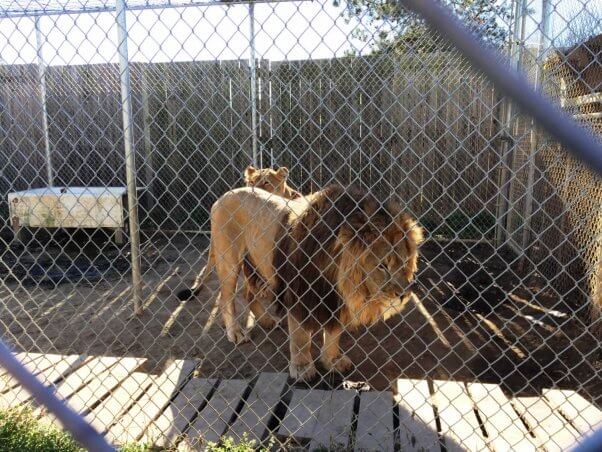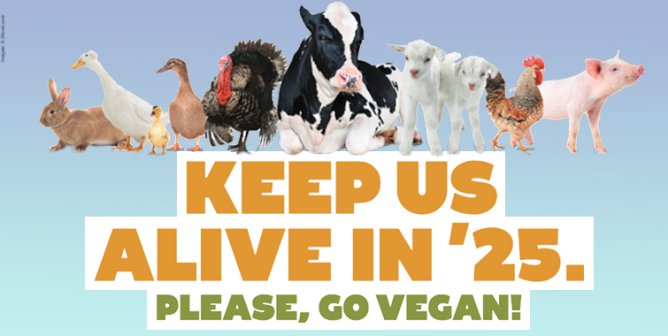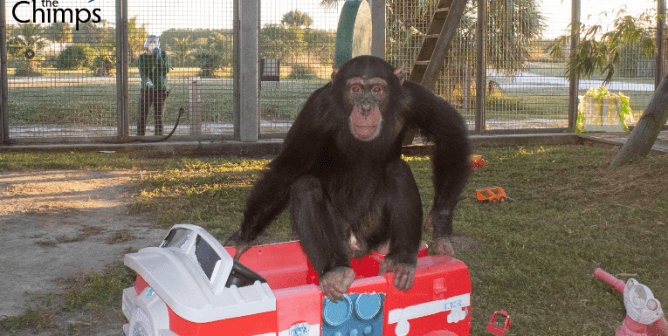Animals held captive in captive roadside facilities are denied their fundamental right to freedom and everything else that makes their lives meaningful. Removing them from established social groups and forcing them to adjust repeatedly to new routines, different caretakers, and unfamiliar cagemates is disruptive and traumatic for them. Many people still hold misconceptions about zoos, but after you read this, we’re sure that you’ll change your mind. Here are our top three reasons never to visit a roadside zoo or any other place that exhibits wild animals in barren enclosures:
1. They breed animals because babies sell tickets.
When roadside zoos breed animals, the babies are often torn from their mothers shortly after birth to be used in encounters and photo ops with the public, and roadside zoos charge visitors to interact or take photos with them. One calculation estimates that a single tiger cub could yield $65,000 of profit over one summer season. The mothers are repeatedly impregnated, and the cubs—who can be used for these encounters only for a short time—are typically relegated to tiny cages for the rest of their lives or shipped off to other roadside zoos or private owners to languish in awful conditions. This breeding also contributes to the overpopulation of many species in captivity, especially tigers.
2. Captivity can cause distress.
Many animals in captivity suffer from what The New York Times described as “severe psychic suffering” and may even be given Prozac or other antidepressants and mood stabilizers. In response to their small enclosures, loneliness, and frustration, captive animals often exhibit abnormal repetitive behavior, such as pacing, circling, and other repetitive actions.

3. They maintain very low standards of animal welfare.
The federal regulations for procuring an “animal exhibition” license are pathetically low. Enclosures need to be barely large enough for an animal to stand up and turn around inside them. It’s been estimated that inspectors who are hired to enforce the federal Animal Welfare Act visit these facilities only about once a year. Roadside zoos are often cited for violations, including failing to provide animals with adequate veterinary care, dirty and unsanitary water receptacles, and other poor or dangerous living conditions.
What can you do to help animals? Never visit a roadside zoo, and tell your friends and family members to avoid them, too. Report poor conditions to authorities, leave informative leaflets at roadside zoos, and write letters to the editor of your local newspaper.
Share this article on Facebook and Twitter to help spread the word:
Text VEG to 73822 to get the latest vegan lifestyle tips, recipes, and urgent action alerts texted right to your phone.
Terms for automated texts/calls from PETA: https://peta.vg/txt. Text STOP to end, HELP for more info. Msg/data rates may apply. U.S. only.








